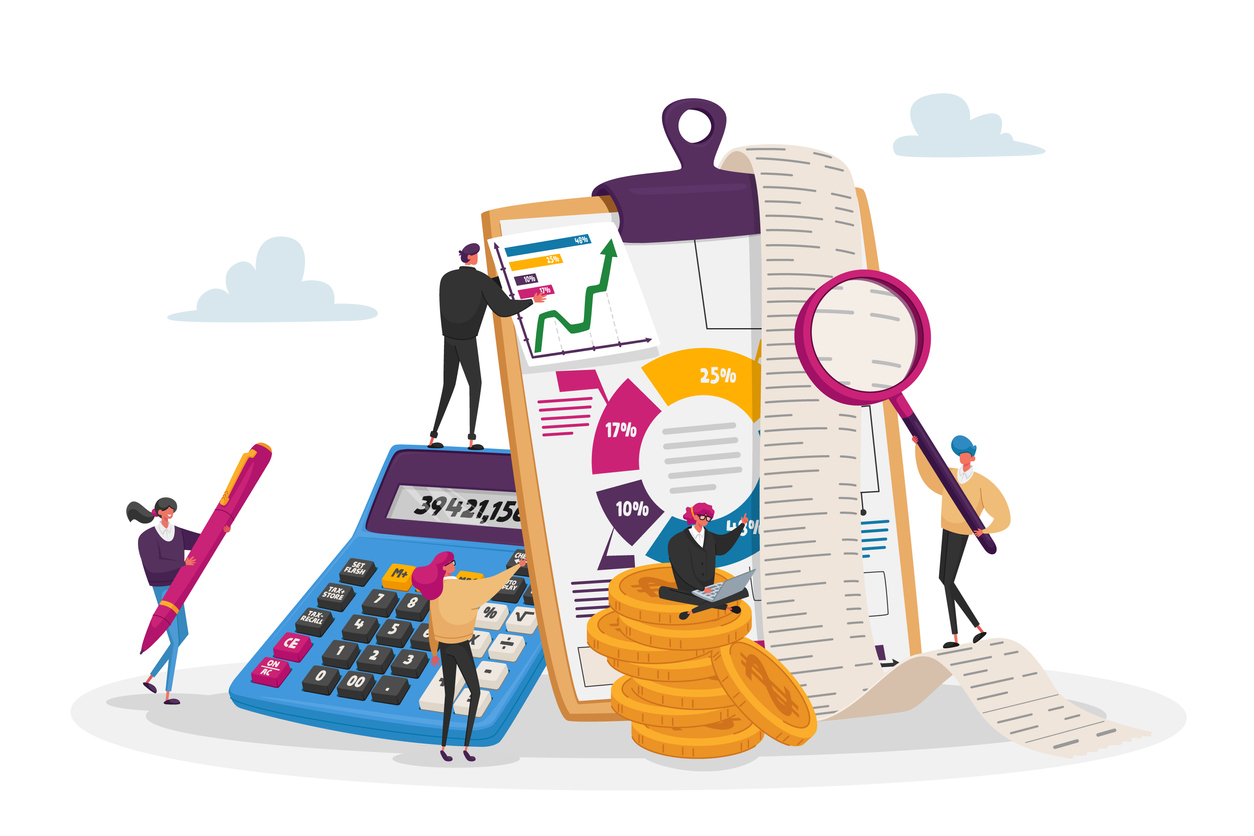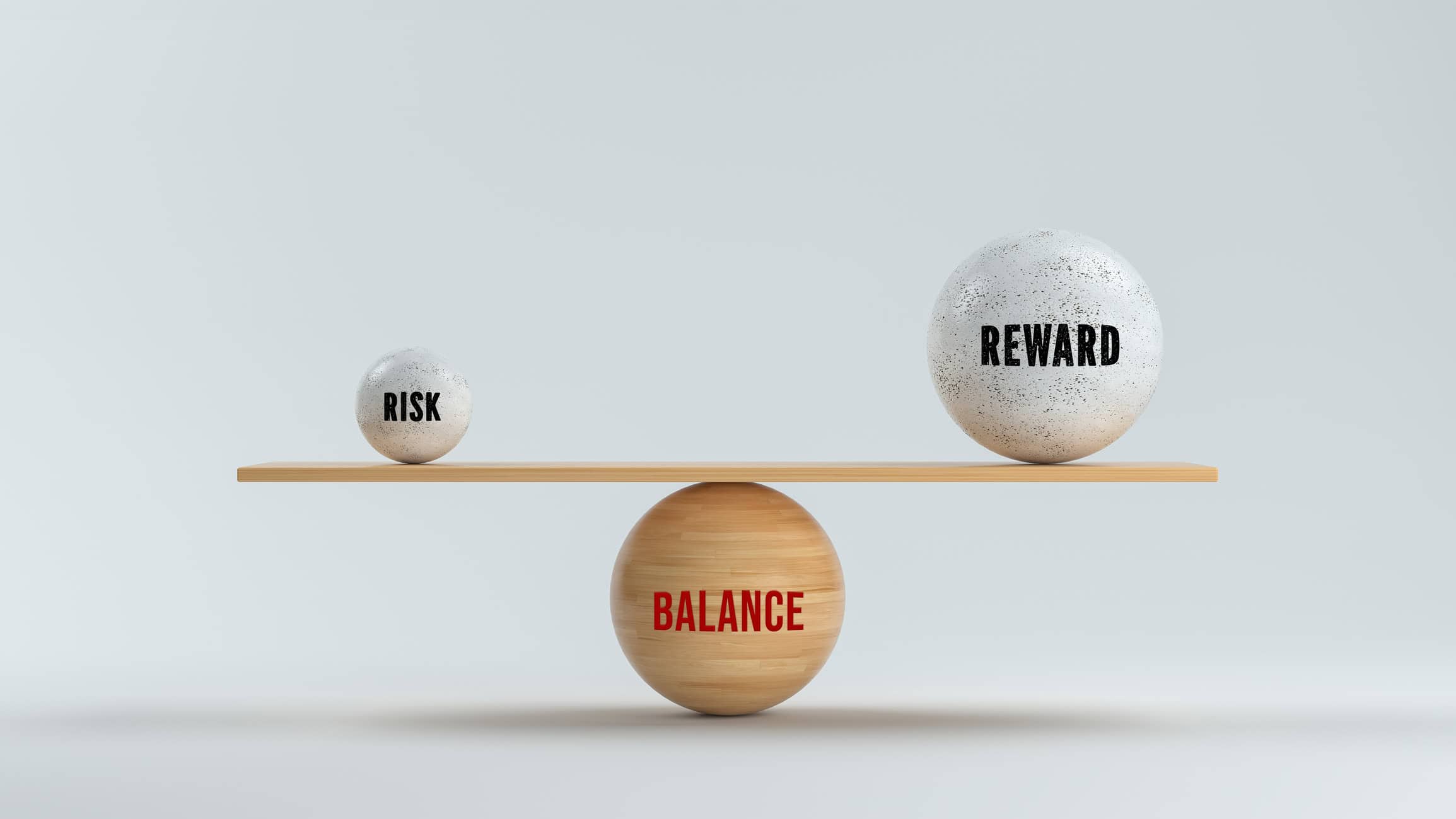
Financial Planning Principles: Organizing Your Money for a Secure Future
Getting organized, including managing finances, is one of those goals that can seem like, if you could get there, it would be life-changing – nevertheless – it always feels just out of reach. The desire for organization is the basis of a very big industry that covers everything from super engaging software tools to the resurgence of old-school paper-based planners and journals to shelving, closets, and storage for everything and every room in your house.
The process can be enjoyable, and the results can make your life feel more in control and can make your space less cluttered. The problem is that humans seem to always get more stuff, or they get busy and don’t put the stuff back where it belongs. Furthermore, they also have a very understandable tendency to not want to part with stuff.
The organization process often focuses on time or space. You use a planner or scheduler to budget your time efficiently, or you buy fancy stuff to organize your kitchen, your office, or your kids’ toys. The one thing many people don’t focus on? Their money.
Indeed, a Forbes poll late last year reported that 38% of respondents selected “improve finances” as a top New Year’s resolution for 2024. It came in third, right behind improving fitness and mental health.
Yet, why is it so hard to get started on organizing your money? Is it because money ties into deep emotions and weaves into all our relationships? Organizing your pasta by shape in matching containers? Easy and satisfying. Looking over your spending and deciding what to reprioritize? Scary and hard.
Moreover, unlike most forms of organizing, the effort you put into your finances not only works now – it sets you up to succeed in the future. A good financial plan will help you:
- Save more effectively
- Prepare for emergencies
- Minimize financial anxiety
- Maximize your assets
- Create flexibility in your lifestyle
- Protect yourself and your family
While you will need to tune up a financial plan over time, the hard work largely happens in the beginning. Once you undertake this initial effort, you will have a blueprint you can follow, and subsequently, most things can be automated.
Getting Started
First, start by borrowing from the organization industry, including the aspect of managing finances – get some cool tools and aids to make it a little fun and exciting, so you’ll be motivated to get going. A good first step is a minimal investment in simple, user-friendly personal finance software. Simplify by Quicken has a good dashboard experience and is inexpensive. If you want to do this as a family, you could consider getting your kids a software program like Greenlight, which is geared for ages 8-22.
Take a Big-Picture, Holistic Approach When Managing Finances
What should you be focusing on when managing finances? There are some key things that are the starting point for a solid financial plan.
Budgeting
- How much are you spending?
- How much are you saving?
- Do you know your net worth?
- Do you have any big expenses coming up?
- Is your emergency fund equal to three-to-six months of your actual living costs?
Debt
- How much debt do you have? Indeed, a good rule of thumb is for debt to be no more than 36% of your pre-tax income.
- Is it high-interest credit card debt, or lower-interest education, or mortgage debt?
- Can you consolidate your debt at a lower rate, or pay it off with a home equity loan?
- Is it manageable to pay off high-interest debt by increasing monthly payments?
Investing
- Does your portfolio match your time horizon and your goals?
- How much risk are you taking?
- Are you well diversified across asset classes?
- Are you considering other forms of investing, like income-producing properties?
- Are you considering taxes as part of your investment plan?
Taxes
- Do you have a multi-year tax plan in place?
- Do you own your own business?
- Are you maximizing tax-advantaged savings?
- Are you planning for taxes in retirement?
Insurance
- Is your health insurance plan right for your needs? Would a high-deductible plan that allows you to save in a Health Savings Account work for you and your family?
- Do you have life insurance? Have you thought about term life or whole life?
- Depending on your profession, long-term disability insurance may be necessary.
- Is it time for an umbrella policy?
- Is it time to purchase long-term care insurance? The sweet spot is younger than you think – it starts at age 50 and gets more expensive after age 70.
Estate Planning
- Do you have young children? Who would care for them?
- Do you have a healthcare power of attorney in place?
- Do you have a will? Have you considered a trust?
- Have you created a safe storage spot for all your passwords?
Tackle One Thing at a Time
The above list is overwhelming if you think about doing all of it. Yet, doing each task independently will improve your financial health, and as you continue along and rack up successes, your overall picture will get brighter.
Breaking down goals, including managing finances, and working through them one by one gives you something to focus on and sets you up for wins. Considering the above, a good approach is to rank them by their importance to you as a goal, and then tackle them in order. One month you may tackle budgets. This leads naturally to working on paying down debt. Tax season is a great time to set yourself up for additional tax savings next year, and to think about strategies that will help you in the future.
Why Should Investors Organize and Manage Their Finances?
As an investor, you understand the importance of managing your finances effectively. However, organizing your money can sometimes be a daunting task. Money is deeply tied to our emotions and relationships, making it challenging to tackle financial organization. However, the benefits of organizing your finances far outweigh the initial difficulty.
- Save More Effectively: When you have a clear financial plan, you can allocate your funds more efficiently. By setting savings goals and tracking your progress, you can ensure that you are saving enough for your future needs, such as retirement or education expenses.
- Be Prepared for Emergencies: Life is unpredictable, and emergencies can arise at any time. For example, having an emergency fund that covers three-to-six months’ worth of living expenses can provide you with a safety net in case of unexpected events like job loss or medical emergencies.
- Minimize Financial Anxiety: Financial worries can take a toll on your mental health. By organizing your finances and having a clear plan, you can reduce financial stress and anxiety. Knowing where your money is going and having a strategy in place can provide peace of mind.
- Maximize Your Assets: A well-organized financial plan allows you to maximize your assets. By diversifying your investments and aligning them with your goals and risk tolerance, you can optimize your portfolio for long-term growth.
- Create Flexibility in Your Lifestyle: Financial organization gives you the flexibility to make choices that align with your values and lifestyle. When you have a clear understanding of your financial situation, you can make informed decisions about how you want to spend and save your money. This can lead to more freedom and independence in your life.
Organizing your finances as a municipal bond investor is crucial for maximizing your assets, reducing financial stress, and creating flexibility in your lifestyle. By following these practical steps, you can assess your current financial situation, set clear goals, create a budget, pay off high-interest debt, review and adjust your investment portfolio, automate your finances, organize important documents, review your insurance coverage, consult with an investment professional, and stay informed about the market. Taking these steps will help you stay financially organized and make informed decisions to achieve your financial goals as a municipal bond investor.
Find a Quarterback
As you get into the more complicated items, like investing, insurance, and estate planning, it may help to have a quarterback. An investment professional can help you create a plan that ties together all the elements of financial life, and they can work with other professionals, like your CPA and your lawyer, to ensure that your plan covers all contingencies and is flexible enough to evolve with you as you go through life.
The Bottom Line
The other benefit of an investment professional is that they can not only help to motivate you but also reduce the anxiety that goes along with organizing and managing finances. An investment professional can guide you through the intricacies of budgeting, investing, and saving, ensuring that you are making the most of your money. They can facilitate great conversations as a family and help you see the big picture in terms of the choices and trade-offs you need to make, aligning your financial practices with your long-term goals and values.
Let Hennion & Walsh Offer a Second Opinion
Curious to learn more? Our unmatched client experience will give you peace of mind. Just as you may seek a second opinion about your health, we believe successful investors can gain value and peace of mind by getting a second opinion on their financial health. So, whether you’re worried about today’s uncertain economic environment or looking for increased peace of mind, we can help. Get a complimentary second opinion on all your investment accounts not held at Hennion & Walsh today!
Hennion & Walsh Experience
At Hennion & Walsh, every client, every individual investor, is assigned a dedicated team of investment professionals, planners, and portfolio managers, who collectively analyze your situation through the lens of their respective disciplines.
Each member brings valuable insights to apply to your situation. Whether you’re looking to meet your income needs today or stock market growth for your future, we have an expert sitting with you, helping you, and guiding you through all the scenarios to help you live the life you want.
Hennion & Walsh distinguishes itself in the investment industry with its exceptional in-house team of specialists committed to your success. Unlike other firms that rely on impersonal call centers, Hennion & Walsh provides direct access to experienced bond experts, CERTIFIED FINANCIAL PLANNER (CFP®) professionals, Chartered Financial Analyst (CFA)® charterholders, annuity professionals, and a proficient internal fixed-income trading team. Our customer service team is exceptional, ensuring that every client receives the dedicated attention and support they deserve.
Disclosures:
This commentary is not a recommendation to buy or sell a specific security. The content is not intended to be legal, tax or financial advice. Please consult a legal, tax or financial professional for information specific to your individual situation. Investing involves risk including possible loss of principal. Past performance is no guarantee of future results.




